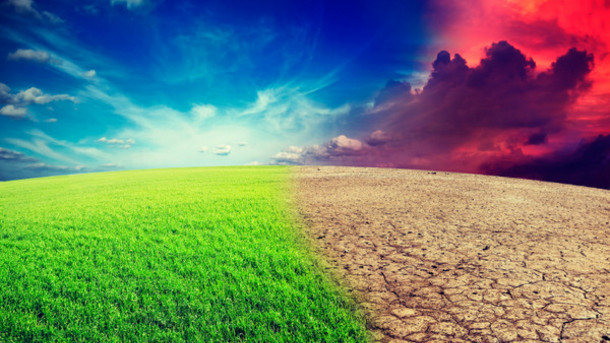
GIS and Remote Sensing For Climate Change Impact Analysis and Adaptation Course
INTRODUCTION
This training will offer a set of methods and techniques that use GIS and Remote Sensing for analysis and monitoring of climate change, with applications in climate change impacts and adaptation. Participants’ will also acquire a better understanding of climate change impacts, adaptation measures for freshwater resources, and time series analysis The course is targeted at the categories of professional mentioned above who require knowledge and skills on the use of GIS and Remote Sensing in their organizations on Climate Change Impact Analysis and Adaptation.
WHO SHOULD ATTEND?
Disaster Risk Reduction and Climate Change Impact and Adaptation practitioners, development workers, including officials of national and local governments, extension officers, defense forces, emergency services staff, staff of training institutes, institutions of public administration, national and international NGOs, UN agencies and the private sector
DURATION
5 days
TRAINING OBJECTIVES
On completion of this course, the participants will be able to:
• Evaluate the spatial data requirements in Climate Change Analysis and Adaptation
• Assess spatial data availability and understand the importance of Spatial Data Infrastructure (SDI), for data sharing by organizations involved in Climate Change Analysis and Adaptation
• Apply GIS and RS for designing implementations of large scale early warning systems
• Use participatory GIS (PGIS) at community level
• Use Mobile data gathering techniques
• Design and implement their own GIS projects that integrate remote sensing data, and GPS-based field information
• Have a better understanding of the links of both natural and anthropogenically induced climate change, its impacts, and adaptation and mitigation response options concerning water-related issues
• Acquire advanced knowledge necessary to inform policy makers and stakeholders about the implications for water resources not only of climate change and climate change response options but also of various climate change scenarios and climate change response options, including associated synergies and tradeoffs.
• Use collaborative mapping tools such as Google Maps and Ushahidi to increase collaboration and information sharing.
How to participate
Tailor Make A Course
Register Individual
Register Group
Become One of Our Partners.
View GIS and Earth Observation Institute Course Catalogue
For further inquiries, please contact us on Tel: +254 715 077 817, +254 (020) 211 3814, +254 731240802, +254 735331020.
Email [email protected]